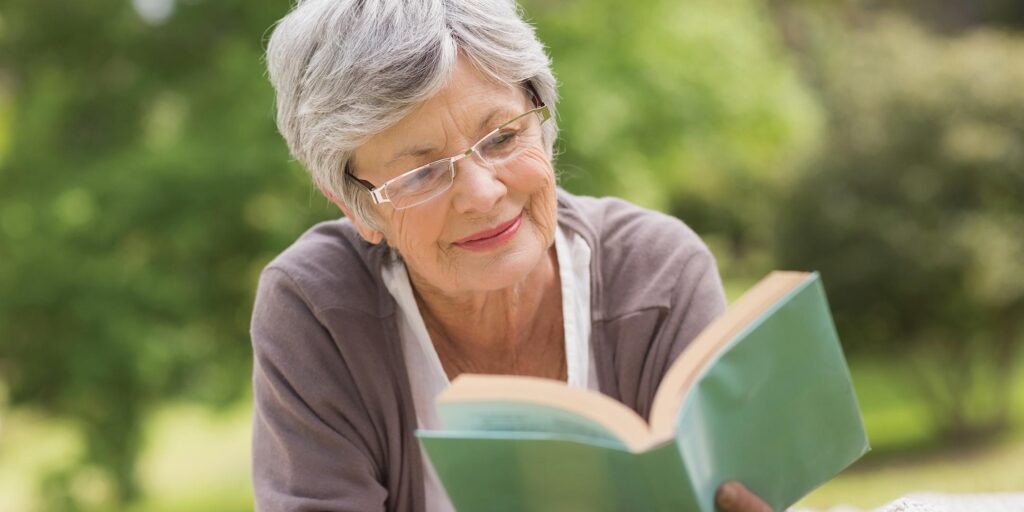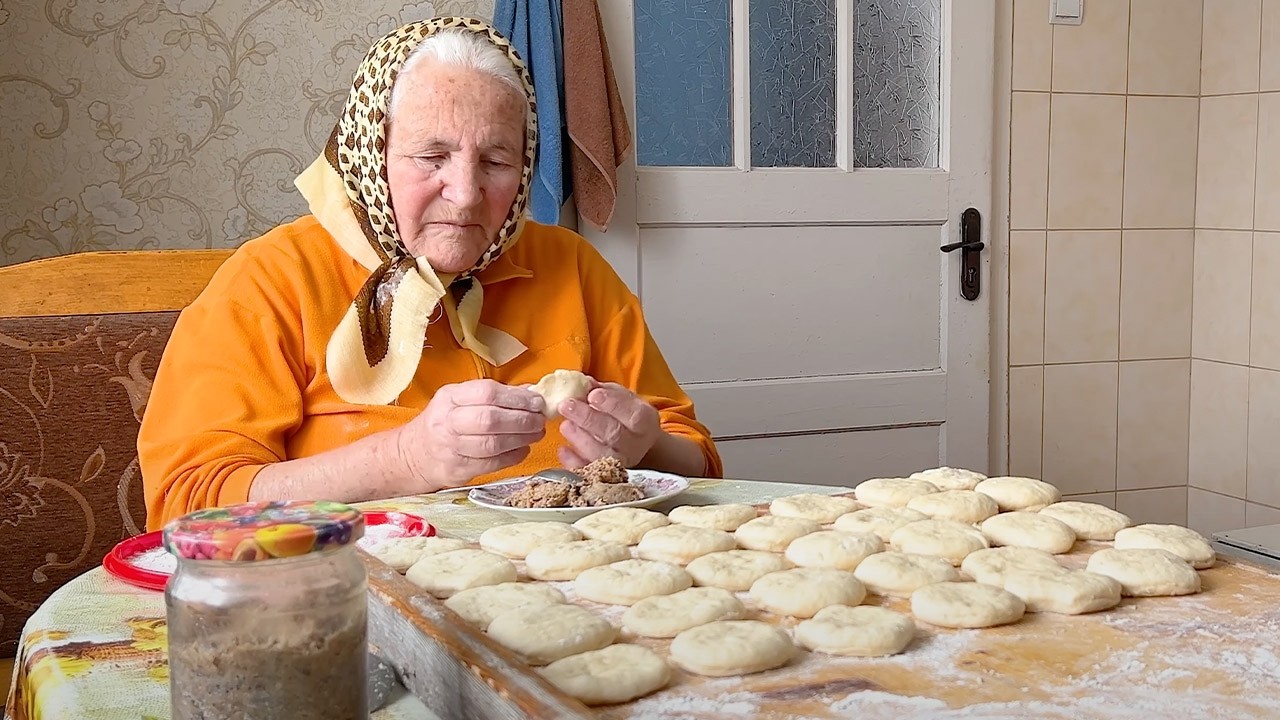Old grannies occupy a special and irreplaceable place in families and communities worldwide. More than just elders, they are living libraries of wisdom, pillars of emotional strength, and bearers of rich traditions that have survived through time. Their role transcends generations, weaving a tapestry of love, knowledge, and resilience that shapes the lives of those around them.
This article explores the enduring significance of old grannies, the multiple roles they play, the challenges they face, and how we can honor and learn from them.
The Multifaceted Role of Old Grannies
Grandmothers wear many hats and fulfill crucial functions in family life, including:
- Caregivers and Nurturers: Many grandmothers actively care for grandchildren, providing emotional and physical support.
- Keepers of Family History: They preserve stories, photos, and memories that keep family heritage alive.
- Cultural Mentors: Passing down traditions, languages, rituals, and recipes that define a family’s unique identity.
- Moral Guides: Imparting lessons about kindness, integrity, patience, and perseverance.
- Support Systems: Acting as mediators during family conflicts and emotional anchors in times of crisis.
- Life Coaches: Offering advice drawn from decades of lived experience.
These roles highlight grandmothers’ integral presence in maintaining the family’s emotional and cultural fabric.
Emotional and Psychological Benefits of Grandmotherly Bonds
The relationship between grandchildren and grandmothers offers many psychological benefits:
- Unconditional Love and Security: Grandmothers provide a safe space where grandchildren feel accepted and loved.
- Increased Self-Confidence: Their encouragement boosts children’s self-esteem.
- Improved Emotional Regulation: A grandmother’s calm and nurturing presence helps children manage stress and anxiety.
- Greater Social Skills: Learning empathy, patience, and respect through interactions with a grandmother.
- Mental Health Protection: Studies show grandchildren with strong grandmother bonds have lower rates of depression and behavioral problems.
These emotional benefits often extend well into adulthood, influencing life success and wellbeing.
The Cultural Legacy of Grandmothers

Old grannies are vital transmitters of culture, often through:
- Traditional Foods: Recipes passed down for generations connect families to their heritage.
- Language Preservation: Many grandmothers teach native languages or dialects that risk extinction.
- Celebration of Festivals: Leading preparations for holidays and ceremonies that reinforce cultural identity.
- Crafts and Arts: Sharing skills like knitting, weaving, embroidery, or music that hold cultural significance.
- Storytelling: Passing down oral histories, myths, and family stories that educate and inspire.
Their cultural legacy ensures that younger generations maintain a strong connection to their roots.
Challenges Faced by Old Grannies
Despite their strengths, many old grannies face various hardships:
- Health Decline: Aging often brings mobility issues, chronic illnesses, and sensory loss.
- Social Isolation: Reduced social networks and family proximity can lead to loneliness.
- Financial Limitations: Many live on fixed incomes that may not meet their needs.
- Caregiver Burdens: Some grandmothers raise grandchildren due to parental absence or crisis, which can be physically and emotionally taxing.
- Generational Gaps: Differences in lifestyle or values may create communication barriers with younger family members.
Recognizing these challenges is essential for providing meaningful support.
Supporting and Honoring Old Grannies
Families and communities can take steps to show respect and care for their grandmothers:
- Spend Quality Time: Frequent visits, phone calls, and shared activities strengthen bonds.
- Listen Actively: Valuing their stories and opinions enhances their sense of worth.
- Encourage Participation: Include grandmothers in family decisions and celebrations.
- Assist with Technology: Helping them learn to use phones, video calls, or social media can reduce isolation.
- Promote Health and Wellbeing: Support regular medical care, exercise, and proper nutrition.
- Express Gratitude: Small gestures, verbal appreciation, or celebrations honor their contributions.
These actions foster dignity, connection, and happiness in their later years.
The Modern Grandmother: Evolving Roles and New Opportunities
Today’s grandmothers challenge stereotypes by embracing new roles:
- Active Lifestyle: Many pursue hobbies, travel, or volunteer well into their senior years.
- Digital Adopters: Increasingly, grandmothers use smartphones, social media, and video conferencing.
- Mentors and Educators: They engage in mentoring not only family but also community members.
- Entrepreneurs: Some start small businesses or online ventures later in life.
- Community Leaders: Many grandmothers take active roles in social causes and community development.
Their adaptability shows that aging is a dynamic and enriching phase of life.

Why We Need to Celebrate Old Grannies Every Day
Grandmothers’ contributions are often undervalued in a fast-paced world. Celebrating them means:
- Acknowledging Their Sacrifices: Many gave up personal ambitions to support family.
- Learning From Their Wisdom: Their life lessons provide invaluable guidance.
- Preserving Family Identity: Through their stories and traditions.
- Building Intergenerational Bridges: Promoting understanding and respect between ages.
- Inspiring Resilience: Their strength through adversity encourages us all.
By appreciating old grannies daily, we enrich our own lives and those around us.
Must Visit: globalfxhub
FAQs About Old Grannies
Q1: How do grandmothers influence the emotional development of grandchildren?
A: Their unconditional love and guidance help children feel secure, confident, and emotionally balanced.
Q2: What can families do to help grandmothers avoid loneliness?
A: Regular visits, phone or video calls, and encouraging social or community involvement can reduce isolation.
Q3: How do grandmothers contribute to cultural preservation?
A: Through teaching traditions, languages, recipes, crafts, and storytelling that maintain cultural heritage.
Q4: What are common challenges faced by grandmothers who raise grandchildren?
A: Financial strain, physical exhaustion, emotional stress, and navigating parenting roles later in life.
Q5: How can technology improve grandmothers’ quality of life?
A: It helps them stay connected with family, access information, and participate in social or interest groups.
Q6: Why is it important to celebrate grandmothers regularly?
A: It acknowledges their vital role, expresses gratitude, and strengthens family bonds.
Old grannies are the unsung heroes of family life. Their wisdom, love, and resilience ripple through generations, shaping lives in ways both subtle and profound. Honoring and supporting them not only preserves a treasured legacy but also enriches the human experience for all of us.
